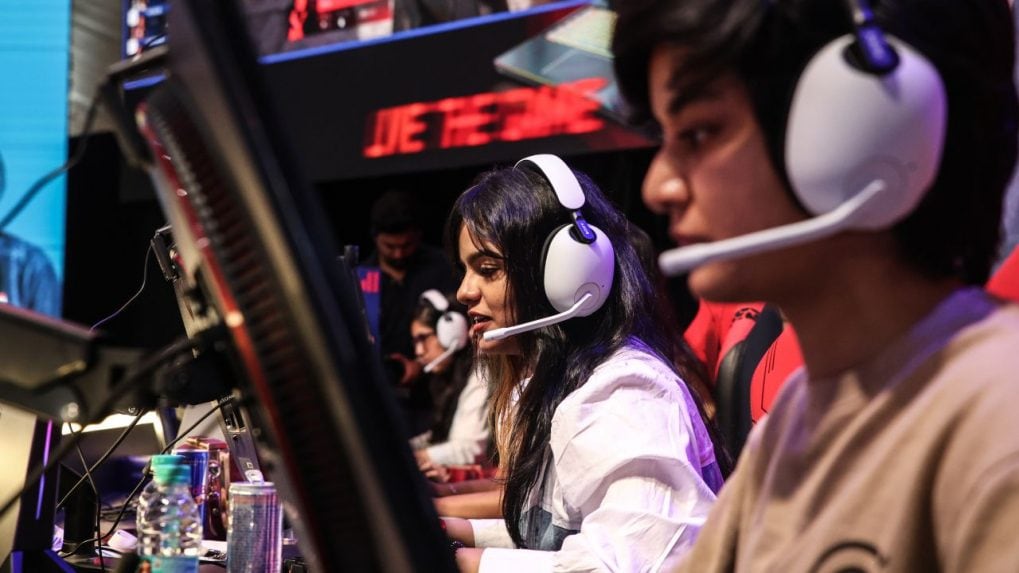Advertising
From Pink Slips to Silent Sidelining: Inside adland’s layoff and anxiety crisis

The Centre’s decision to introduce a dedicated regulatory and promotional framework for e-sports under the Promotion and Regulation of Online Gaming Rules, 2025 has been welcomed as a significant step towards formalising India’s fast-growing competitive gaming sector. However, industry stakeholders have raised several concerns around recognition criteria, registration processes, and potential compliance bottlenecks that could shape how effectively the new regime is implemented.
Under the new framework, the Ministry of Youth Affairs and Sports (MYAS) will administer e-sports-related provisions, including promotion measures and coordination with other agencies. Registration of e-sports titles will be carried out by the newly constituted Online Gaming Authority of India, which will also maintain a National Online Social Games and E-sports Registry. Recognition under the National Sports Governance Act, 2025 is a prerequisite for registration, and each title must undergo an assessment involving MYAS before being issued a five-year certificate.
While these measures are designed to bring structure and oversight, stakeholders have warned that the process may become cumbersome without clear timelines and streamlined procedures.
“The new Rules are a welcome step, bringing a structured, inter-ministerial approach to an otherwise fragmented sector. However, clarity is still needed on the process for registering these games with the new online gaming authority,” said Aarathi Ganesan, Manager at public policy firm The Quantum Hub (TQH).
“E-sports particularly seem to mandatorily require both recognition under the National Sports Governance Act and registration with the Authority. Unless the process is time-bound and relatively light-touch, this may create capacity constraints-led bottlenecks for this critical sector, distorting the growth trajectory of studios and players,” she added.
Ganesan noted that advertisers view the formal recognition of e-sports as a positive signal for the sector, but warned that its impact would depend heavily on whether the registration system enables rapid scaling.
“The main contention is the narrow rule for recognition of e-sports games. The current rules limit recognition only to titles featured in multi-sport events. That risks excluding the very games, both global and Indian, that actually drive the ecosystem, and also prevents new titles from attaining e-sports status — limiting competitive opportunities for gamers,” said Shiva Nandy, Founder and CEO of Skyesports.
Nandy also highlighted the need for clearer boundaries around material change reporting, warning that vague compliance triggers could slow down innovation in game development.
At the same time, some provisions have drawn cautious praise. Nandy pointed to the exemption of certain social games from mandatory registration as a positive step that could prevent over-regulation of casual titles and allow hobbyist developers to innovate freely.
Akshat Rathee, Co-founder and Managing Director of NODWIN Gaming, described the move as a landmark step for the industry. “By bringing esports firmly under the Ministry of Youth Affairs & Sports, the government has recognised esports as a legitimate sport while creating a framework for structured growth. This should accelerate grassroots programs, open the door for state and district-level championships, and ensure players see a clear career pathway much like traditional sports. It also boosts investor and sponsor confidence, which is critical to scaling prize pools, infrastructure, and IP development,” he said.
Rathee added that the composition, impartiality, and industry knowledge of the proposed OGAI would be critical. “We expect that the right stakeholders, those who have worked on this industry since its inception and deeply understand the ecosystem, will be included to guide it forward. Esports is one of the most aspirational industries for India’s youth, and this step ensures that companies like NODWIN Gaming can continue to build a sustainable, world-class ecosystem that competes globally while remaining rooted in India’s sporting fabric,” he noted.
The new rules represent India’s first comprehensive legal recognition of e-sports, bringing the sector under formal governance and registration. However, the concerns flagged by industry leaders indicate that the implementation details—especially around recognition criteria and registration workflows—will be critical to ensuring the framework supports rather than stifles growth.
From purpose-driven work and narrative-rich brand films to AI-enabled ideas and creator-led collaborations, the awards reflect the full spectrum of modern creativity.
Read MoreLooking ahead to the close of 2025 and into 2026, Sorrell sees technology platforms as the clear winners. He described them as “nation states in their own right”, with market capitalisations that exceed the GDPs of many countries.